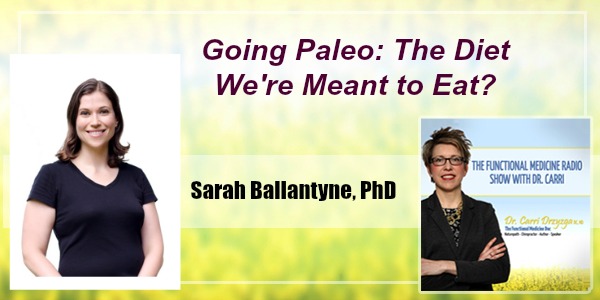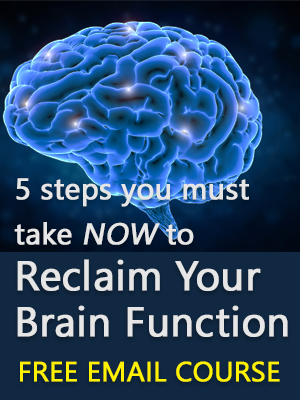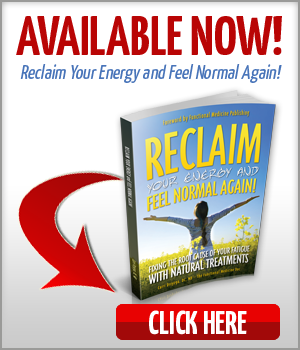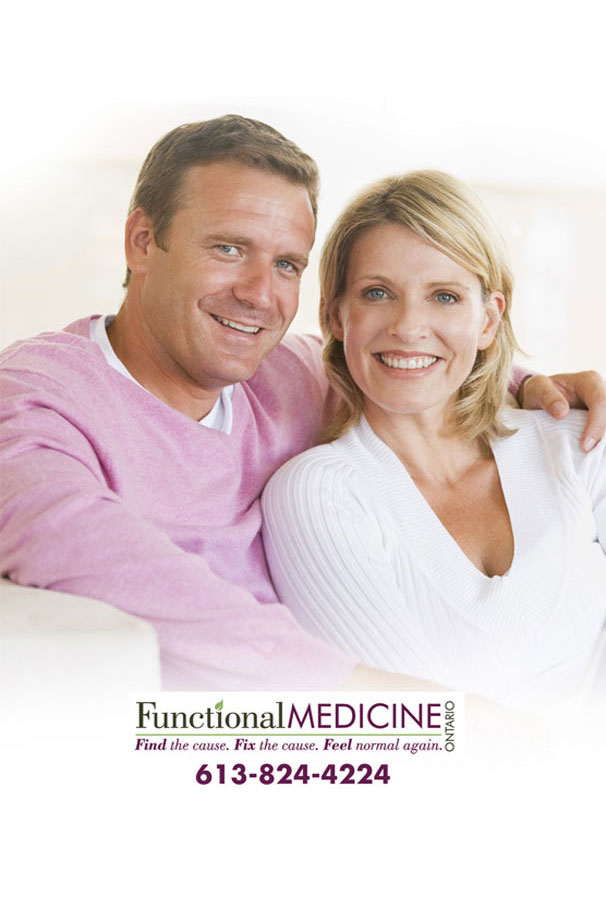Podcast: Play in new window | Download
Subscribe: Apple Podcasts | Android | RSS
In this episode of The Functional Medicine Radio Show, Dr. Carri’s special guest Sarah Ballantyne, PhD, explains why going Paleo is the diet we’re meant to eat.
Sarah is the creator of www.ThePaleoMom.com; cohost of The Paleo View Podcast; and bestselling author of The Paleo Approach and The Paleo Approach Cookbook. Sarah earned her doctorate in medical biophysics and spent years doing research on critical care medicine, innate immunity, gene therapy and cell biology, earning a variety of awards for research excellence along the way.
Sarah’s transition from academic researcher to stay-at-home mom to award-winning and internationally-recognized health advocate and educator was driven by her own health journey, which included losing 120 pounds and using both diet and lifestyle to mitigate and reverse a dozen diagnosed health conditions. Sarah is deeply interested in understanding how the foods we eat interact with our gut barriers, immune systems, and hormones to influence health.
Main Questions Asked:
- Can you go through the basics of what the Paleo diet includes?
- Is alcohol allowed on the Paleo diet?
- Can you tell us more about the history and science behind the Paleo diet? Why is going Paleo a good thing?
- Can you tell us about a successful case where going Paleo transformed someone’s health?
Key Points made by Sarah:
- People come to Paleo because they want to lose weight. They have chronic health problems and they want to use diet therapeutically to manage those problems, or they come from a performance standpoint or a mix of those things.
- People generally find that once they get through the initial transition and realize it’s not actually that hard. They start to feel good and have improved energy and moods.
- Typically people who are overweight lose weight very easily. Typically people who are underweight will gain weight very easily. It’s a weight normalization diet.
- All of a sudden hormones and hunger are being regulated, sleep is improved. All of these things just tend to come together usually in the 3 to 4 week range.
- When you start to feel good, suddenly it doesn’t require effort anymore.
- If it’s constant hard work to make those choices and we’re not getting any benefit out of it, then what’s the motivation to keep going? Whereas going Paleo is very different from that because the vast majority of people will feel better over a very short time scale.
- It’s one of those things that people try, like a 30-day challenge, to meet a short term goal but then a lot of people realize that they didn’t know that they could feel this good. They didn’t realize that what they felt before was abnormal. Then you end up with people who are committed to it as a lifestyle for the rest of their lives.
- This diet is not a set of firm rules. It’s a template, a starting place, and you’ve got all the places you can tinker and make it optimal for you. That means both what your body responds to the best and makes you feel the best but also what fits into your life the best.
- Going Paleo means a very nutrient-focused, whole foods diet. The focus is on eating really high-quality meat, seafood, tons and tons of different kinds of vegetables, fruit, eggs, nuts, and seeds. Most herbs and seasonings are included. It really hones in on the foods that have the most to offer us nutritionally and that are the most anti-inflammatory.
- The strongest dietary factor that correlates with reduced risk of osteoporosis or hip fracture is actually large vegetable consumption. It has nothing to do with dairy.
- Going Paleo means honing in on the best things we can put in our bodies and we cut out everything that is inflammatory, everything that negatively impacts the health of the gut, everything that disrupts hormones, everything that is an empty calorie.
- It surprises people to learn that grains are not nutrient-dense foods. They have very little going for them in terms of essential vitamins and minerals. Even the fiber content is no different from vegetables. Vegetables have just as much fiber, a fraction of the amount of sugar, and typically up to ten times as much vitamins and minerals. They also have all of these great phytochemicals which reduce the risk of cancer, are anti-inflammatory, and anti-aging. That sounds amazing!
- Alcohol is allowed but it’s a gray area food. When you look at if functionally, wine for example, has great polyphenol content which is a really powerful antioxidant. It’s got some good stuff to offer us.
- Gluten-free or grain-free alcohol like wine or apple cider, I would put on a Yes Moderation list.
- The Paleo diet originated with some researchers. They were anthropologists, evolutionary biologists, and others. It came from this idea that when we look at hunter-gatherer populations, they do not suffer from chronic illness the way we do in Western society. They don’t get cancer, cardiovascular disease, diabetes, and these things that have grown to epidemic proportions in our society.
- We have a fairly good idea of what they were eating. When we look at their records, they had great teeth. They were taller than us. Their bones looked amazing. There’s no indication of these chronic illnesses that are so rampant today.
- They must have been doing something right. They were eating pretty differently than how we eat. Maybe that’s it. That was the idea that really started the Paleo diet and that idea has expanded to also looking at a variety of lifestyle factors. So it’s not just what they’re eating, it’s how they’re living.
- That was the original rational for the diet. It has evolved over the last twelve years to include more data from contemporary science and more perspectives from traditional diets. What the Paleo diet is different now than it was in 2001.
- What’s propelling this movement forward now is those of us in the community who want to understand the mechanisms. It’s “Hey, they were healthy. Maybe it’s their diet. Let’s test that.”
- We can start to piece together this much more detailed story of how the compounds in food interact with the human body. How certain compounds can be inflammatory with others. What happens to our gut health, our gut microbiome? What happens to our hormone health? Our neural health?
- It’s almost like coming at Paleo from the other side. When you evaluate foods based on the nutrients they contain. You’re putting them on a scale. We want foods that have tons of nutrients that can support all of the functions of our bodies. You want foods that don’t have things that are inflammatory, things that are going to negatively impact our health.
- We’re starting to see more clinical trials that are pitting Paleo against other dietary strategies and showing that going Paleo beats out the Mediterranean diet for diabetes and cardiovascular disease risk factors.
- I used to be morbidly obese and pre-diabetes. Not wanting a leg amputated and wanting to be a good role model for my child were my big motivators. I still had weight to lose and wasn’t losing it. Every other metric of my health was getting worse. I had this moment where I thought that maybe being thin and being healthy are not the same thing. And maybe I need to figure out how to be healthy.
- Within two weeks of going Paleo, I was able to go off all 6 prescription medications, one of which I had been on for 12 years. I lost 20 more pounds, my migraines went away, my skin improved. It generally felt like all of the pieces of the puzzle were falling together.
- It’s a very functional medicine type approach. I am providing the raw materials that my body needs for all of the millions of chemical reactions that are happening in every cell in every moment. It’s a very different way of thinking about food like calories in, calories out.
- I still had psoriasis and decided to start the immune protocol. Now the missing pieces started falling into place.
- I’ve incorporated organ meats, seafood, and large servings of vegetables in my diet. I discovered just how important sleep and stress management is for my health.
- What I’ve had to learn is that it’s not just about food. Lifestyle is equally important and, actually in many ways, harder to prioritize. It’s easier to completely change the food on our plate than it is to restructure our lives so we can go to be 2 hours earlier.
Resources Mentioned:
Book – The Paleo Approach Cookbook
Book – Reclaim Your Energy and Feel Normal Again!
Thank you for listening! If you enjoyed this podcast, please subscribe and leave a 5-star rating and review on iTunes!




